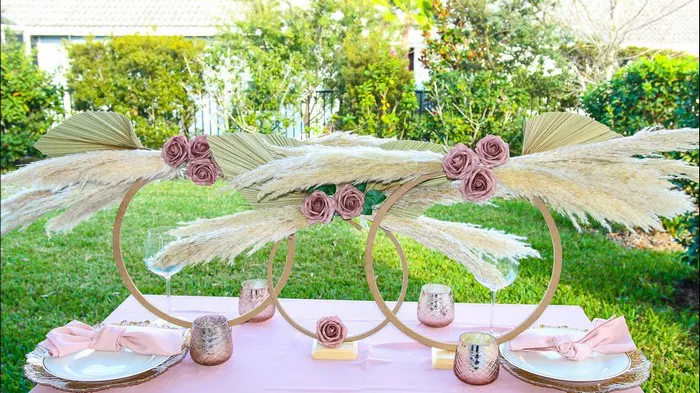As environmental awareness grows, sustainability has become a major focus in wedding planning. Couples are increasingly seeking ways to minimize waste, reduce carbon emissions, and support ethical vendors—transforming weddings from single-day events into statements of environmental responsibility.
The statistics are telling: a 2024 report by Green Bride Guide found that 58% of couples now prioritize eco-friendly elements in their weddings, up from just 32% in 2019. The shift is particularly pronounced among Millennials and Gen Z, who are more likely to view sustainability as non-negotiable. Common practices include digital invitations, locally sourced catering, and zero-waste decor. Some are even opting for “carbon-neutral weddings,” where emissions from travel and venue use are offset through reforestation projects or renewable energy investments.
Fashion is another area seeing significant change. The traditional bridal industry has long been criticized for its environmental impact, with many wedding dresses worn only once before being discarded. Now, alternatives like rental gowns, vintage dresses, and upcycled designs are gaining traction. Grooms, too, are embracing sustainable options, with brands offering suits made from recycled fabrics or biodegradable materials.
Food waste, a major issue at large weddings, is also being addressed. Plant-based menus are on the rise, with some couples choosing entirely vegan or farm-to-table catering. Leftovers are increasingly being donated to food banks, and composting programs are becoming standard at eco-conscious venues. Even floral arrangements are getting a green makeover, with couples opting for seasonal, pesticide-free blooms or potted plants that guests can take home.
Despite the enthusiasm, challenges remain. Sustainable weddings often require more research and planning, and some eco-friendly options come at a premium. However, many couples find the trade-offs worthwhile, viewing their weddings as an opportunity to reflect their values. As sustainability continues to shape consumer behavior across industries, its influence on weddings is only expected to deepen—making green weddings the new gold standard.


